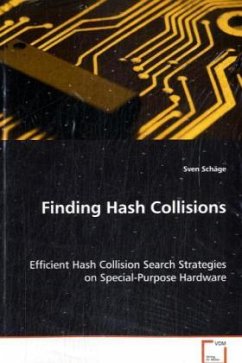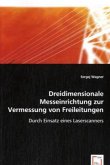Hash functions play an important role in informationtechnology. They are incorporated in many securityprotocols and security-critical applications andensure essential security properties for the overallsystems. To verify their current status of security, hashfunctions are regularly exposed to new attacks fromthe scientific community. Almost all of these attacksare executed on standard PCs. However, the relevanceof such attacks is limited: real attackers are notconfined to the use of standard PCs. Instead theycould develop specialized hardware that executesattacks much faster or cost-efficient. In this book we examine which alternative hardwaretechnologies are suited for developing specializedarchitectures for the execution of attacks on hashfunctions. As a proof-of-concept, we develop a verycost-efficient microprocessor with a specializedinstruction set and corresponding assembler software.Based on this, we implement a full hardware unit tosearch for collisions in hash functions.We show thatexecuting attacks on our architecture is, given afixed amount of money, multiple times faster than onstandard PCs.
Bitte wählen Sie Ihr Anliegen aus.
Rechnungen
Retourenschein anfordern
Bestellstatus
Storno








